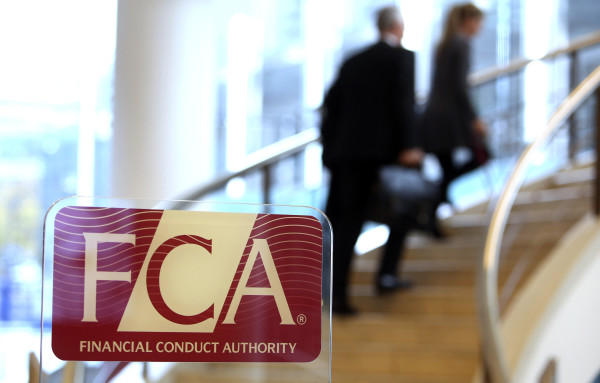

The calls have been made in relation to the collapse of mini-bond holder London Capital & Finance, which went into administration in January owing more than £230m and putting the funds of some 14,000 bondholders at risk.
As a provider of unregulated investments London Capital & Finance did not need to be authorised by the FCA to issue mini-bonds, but it was authorised to promote the mini-bonds which MPs claim enabled the company to "raise money from bondholders by marketing themselves as FCA-regulated in their promotional literature."
The Serious Fraud Office is investigating what has been described as "highly suspicious transactions" at London Capital & Finance, with four individuals associated with its collapse arrested in March and since released pending further investigation.
An early day motion calling for Mr Bailey's resignation over the issue has now been signed by 16 MPs, expressing "alarm" over concerns the regulator did not act quickly enough to identify and act upon problems in the firm.
The motion was proposed by Labour MP Roger Godsiff, with supporters in his own party and across the Conservative, Liberal Democrat, Democratic Unionist and Green Parties.
The MPs have raised concerns over 'evidence' suggesting the FCA was alerted to the activities of the mini-bond provider in November 2015, but was still providing the company with an FCA-regulated accreditation for the promotion of their activities in June 2016.
The motion claims the FCA had a "major responsibility" in allowing London Capital & Finance to raise more than £230m from bondholders, many of whom it said were "elderly and invested their life savings in the bonds".
The motion read: "As London Capital and Finance was an FCA-regulated company, the chief executive of the FCA should resign for presiding over the biggest financial scandal of recent years, which is likely, according to the administrators, to result in more than 11,000 bondholders losing all or most of their money."
Bondholders have since looked to the Financial Services Compensation Scheme as a means of regaining lost funds, but as unregulated investments mini-bonds are not protected by the compensation scheme and the lifeboat fund will not automatically accept claims from investors.
However the FSCS has recently confirmed it is exploring further possible grounds for compensation, for instance if evidence of advice is found to have been given by London Capital & Finance it could give way to successful claims by bondholders as a regulated activity.
A law firm representing some of the London Capital & Finance bondholders his also written to the FSCS urging it to consider whether the company carried out additional regulated activities, including "dealing in investments as principal" and "operating a collective investment scheme" in light of finding additional avenues for compensation.
Meanwhile an independent investigation into London Capital & Finance and a review of the regulator's supervision of the collapsed mini-bond provider has also been commissioned.
rachel.addison@ft.com
What do you think about the issues raised by this story? Email us on fa.letters@ft.com to let us know.




